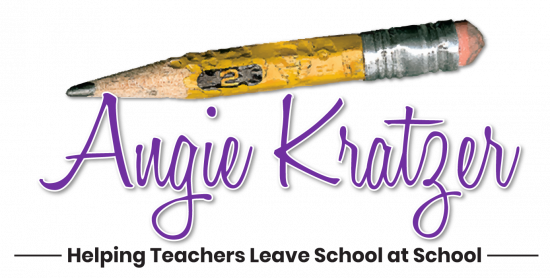You’re not going to read what you think you’re going to read, but I’ll give you a hint: I love teaching Transcendentalism. Henry David Thoreau, on whose writing Mahatma Gandhi, Martin Luther King Jr., and Nelson Mandela based their civil disobedience, said, “It is not desirable to cultivate a respect for the law so much as for the right.” None of these men had contempt for the Rule of Law; in fact, they lived by it. What they had contempt for was unjust law, rules that put the desires of the majority (i.e., the powerful) over moral law. You know, little stuff like slavery, civil rights, and institutional racism.
Gandhi was arrested, tried for sedition, and went to jail.
Martin Luther King, Jr. was stabbed, hosed, beaten, jailed, and shot.
Nelson Mandela went to prison for 27 years.
Here’s where the fourteen-year-old high school student comes in. For her, lying on the cold floor of her classroom with her cheek pressed against the linoleum, watching her best friend bleed out during English class, Parkland became her British Colonial Rule, her Selma, her Apartheid. She lived it. She watched a 19-year-old boy—with a gun so powerful the bullets came through the wall of her classroom–kill a girl who was sitting in her desk reading poetry.
Across the country in California, another freshman decides that he wants to walk out on March 14. He hurts for the students at Parkland. And Sandy Hook. and Padukah. His parents are politically minded, and they get what he wants to do. The school administration does too, and the principal orchestrates a coordinated 17-minute “protest” that keeps everyone safe. A few students carry signs. The local paper drops by. Everyone feels like he or she has made a statement, and they all go back to geometry, Latin, and history classes.
That’s not civil disobedience. There’s nothing inherently wrong with the way those events were carried out; in fact, I applaud the administrators who stood with their students. At the beginning of this CBS Video, students from Grimsley High School (where I taught–Go Whirlies!) are walking out. Guilford County Schools supported students’ First Amendment rights to protest peacefully and made clear that students would not face consequences as long as they did not leave campus. That was awfully nice of them, but a great learning opportunity was lost. Why? There was no risk. Those Grimsley students and the tens of thousands of other students who walked out that day did so en masse. There was comfort in numbers. There were no consequences.
A friend of mine was frustrated because her son’s principal was threatening to suspend students who failed to comply with school policy on March 14. She was going to contact him, and I made the point that she should let the chips fall where they may. After all, if a student is taking a stand on a moral issue–and to him US gun policy is a moral issue–then let him learn now while the stakes are low that taking a stand against power can be uncomfortable, awkward, or even a bit painful. So he gets suspended. Imagine the college application essay that would come out of that.
Three Arkansas students were PADDLED for walking out on March 14. Yes, you read that correctly. Three teenagers were spanked at school. Unconventional? Yes, but that’s not the hard part. They were the only three who walked out. In a pro-gun community, they practiced true civil disobedience, stood up during their classes, walked past angry teachers and students who were berating them, and went outside for 17 minutes. You can read senior Wylie Greer’s account here.
You go, Wylie. You understood what you were protesting, you protested peacefully, and you faced the derision of your peers and physical pain from someone in a position of authority. And Wylie, it mattered. Not only did you exercise your rights and let your voice be heard on policy reform to end gun violence; you also inadvertently re-surfaced the issue of corporal punishment in schools. National news outlets are picking up your story, and you have people talking. Let’s hope they keep talking and then start acting.

